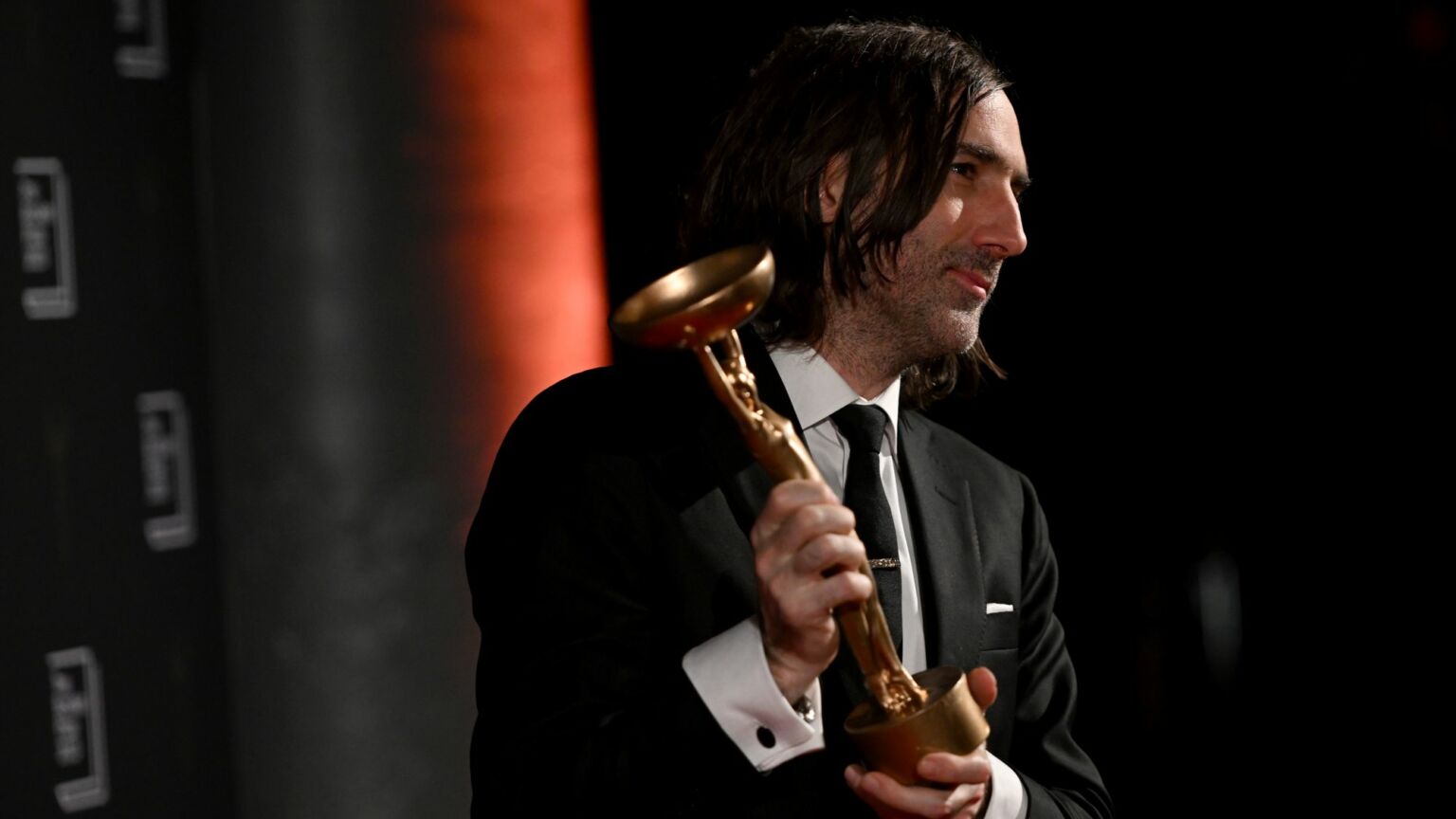When did literary fiction become so samey and dull?
Every big novel these days offers tired woke agitprop.

Want to read spiked ad-free? Become a spiked supporter.
The winner of this year’s Booker Prize is Prophet Song by Irish writer Paul Lynch. That’s certainly great news for him. The prize still carries sufficient prestige to provide winning authors with greater critical and public attention, as well as a welcome commercial boost.
Yet the Booker could do so much more – especially at a time when literary fiction is in the grip of a long-term crisis, with sales falling year on year. The prize could actually help revive literary fiction, but only if it was prepared to take some risks. Because at the moment it’s playing it very safe. When I look at the Booker Prize longlist for 2023, I see a certain sameness of worldview spread across all the entrants, Lynch’s novel included. There is nothing that hints at dissent, or promises to challenge or excite the reader.
Part of the problem is the ideological conformity of too much of the publishing industry. For instance, it’s very difficult to imagine any of the major publishing houses daring to print a novel featuring a main character who went through gender transition, all the way through to surgery, and then came to deeply regret having done so. In the current climate, it wouldn’t matter how brilliantly written this novel was. The truth is, no major publisher would touch a novel that pushes back against gender ideology.
Detransitioning is simply one topic that is verboten in today’s publishing climate. There are many other things you are not allowed to write about now if you want to get published by one of the big houses.
This brings us back to the Booker and to Prophet Song. Lynch’s novel has been presented in the media as ‘transgressive’. It was put out by an indie publisher called Oneworld and the author has talked in interviews about how the ‘major publishing houses are more risk averse’. The implication is that Prophet Song is covering issues that would be impossible at many outlets.
But that seems unlikely. After all, Prophet Song deals in an all-too-familiar dystopian narrative. It depicts an Ireland that has fallen into the hands of – you guessed it – a far-right government. That’s fine as it goes, but it’s hardly transgressive. Everyone, from political commentators to filmmakers, likes to claim that fascism is on the rise today. The coming of a far-right government is exactly the sort of thing you should write about if you’d like to get published or win a literary prize. Obviously, feel free to write about the horrors of far-right politics if that’s your bag. But don’t pretend it’s transgressive when you’re more than likely to get plaudits for doing so.
In honouring Prophet Song, the Booker Prize has applauded the all too easily applaudable. But the Booker doesn’t have to echo the cultural consensus. It could start to encourage genuinely innovative and challenging fiction. It could start to reward books that dare to tackle subjects that many publishers are too scared to touch. It could start longlisting, shortlisting and even giving the prize to books that truly are transgressive. What about a novel that’s anti-lockdown in theme? Or a novel set in a European country in which a government obsessed with gender ideology took over?
Despite the conformist and censorious climate in the publishing world, there are some independent publishers in Britain putting out books that cut against the current grain. Lightning Books and Swift Press are two that immediately jump to mind. They regularly publish material the Big Five publishing houses would avoid.
If the Booker wants to help literary fiction out of the doldrums, it should start to pay more heed to work that bucks woke trends. It should look for novels that don’t toe the current political line. The Booker has flirted with controversy before and it should proudly do so again.
If the Booker did start considering books of a more diverse cultural bent, it would send out a hugely important message – that daring literary fiction can be published once again.
Nick Tyrone is a journalist, author and think-tanker. His latest novel, The Patient, is out now.

Matthew Goodwin and Brendan O’Neill – live and in conversation
Wednesday 20 December – 6.15pm to 7.15pm GMT
This is a free event, exclusively for spiked supporters.
Picture by: Getty.
Who funds spiked? You do
We are funded by you. And in this era of cancel culture and advertiser boycotts, we rely on your donations more than ever. Seventy per cent of our revenue comes from our readers’ donations – the vast majority giving just £5 per month. If you make a regular donation – of £5 a month or £50 a year – you can become a and enjoy:
–Ad-free reading
–Exclusive events
–Access to our comments section
It’s the best way to keep spiked going – and growing. Thank you!








Comments
Want to join the conversation?
Only spiked supporters and patrons, who donate regularly to us, can comment on our articles.